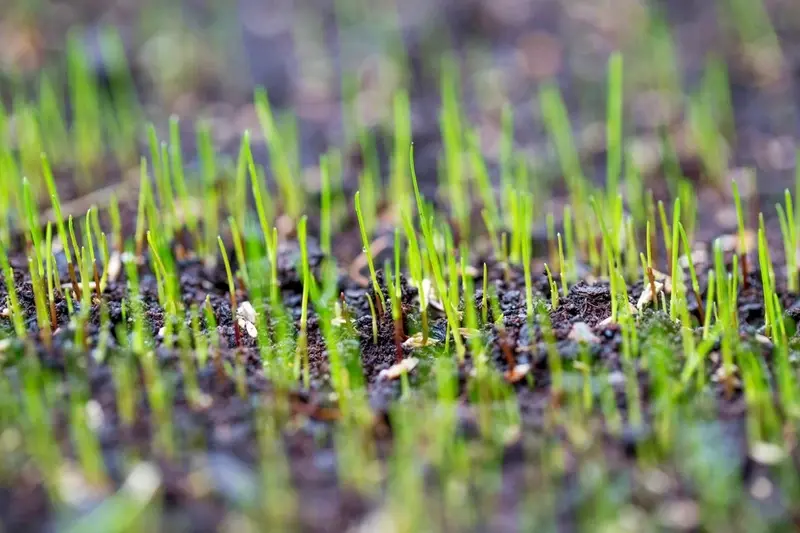
Fertiliser trader African Potash has securedits first revenue-generating deal, helping to revive its share price which has been drifting since the summer. Its shares jump 8.4% to 1.93p.
The small cap has struck a deal to provide 3,000 tonnes of fertiliser stock to Zimbabwe-focused manufacturer Windmill. It expects to receive $300,000 net revenue from the trade.
Interestingly, there is no working capital requirement for African Potash. This may help to silence critics who questioned how it would afford to buy material in order to facilitate trades.
Beryl Holdings is to restructure its fertiliser trading operations so that they are operated via a newly-formed company owned 100% by African Potash. Beryl will get shares in the AIM-quoted resources group in exchange for parking its operations into the new vehicle. The transaction price will be dependent on future earnings of the new vehicle.
This corporate transaction has yet to complete, so African Potash’s maiden fertiliser trade announced 11 December is a straightforward purchase of material from Beryl and back-to-back sale to Windmill. African Potash should get its trading commission paid in January, according to chairman Chris Cleverly.
The small cap came under fire from investors earlier in December when it borrowed £750,000 from the wife of African Potash’s chief financial officer. The trader agreed to pay 8% arrangement fee and 1.5% monthly interest for nine months.
Cleverly says he needed money in the bank in order for the company to be seen as a credible trading partner. ‘It is a short term loan while we wait for revenue to come. The loan rate is only punchy if you pay it for a year,’ he tells Shares.
The chairman believes the frequency and size of trading deals will now increase ‘dramatically’, adding that it already has ‘deals on the table’.
He says fertiliser trading companies in Africa are able to make a 5% to 15% profit margin ‘quite easily’. That said, Cleverly is keen for African farmers not to be exploited, noting that fertiliser costs $150 per tonne in Ukraine but $880 per tonne in Uganda.
African Potash originally intended to be a minerals producer. It recently changed strategy to become a fully-integrated business, using trading activities as a way to generate early cash flow.
‘Revenue, revenue, revenue is the mantra to getting the share price moving in the resources sector,’ he says.
The company was appointed in August 2015 as the fertiliser partner to COMESA, a free trade union for 20 African member states.




